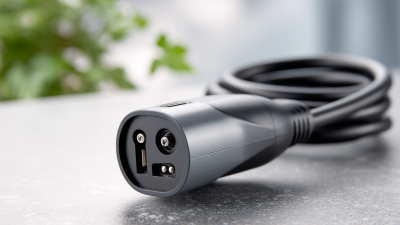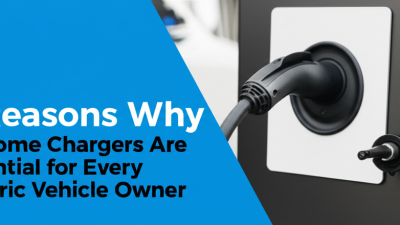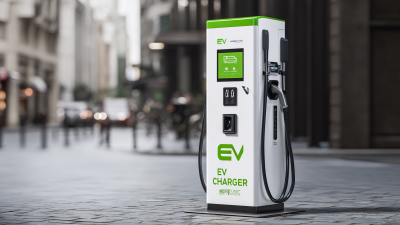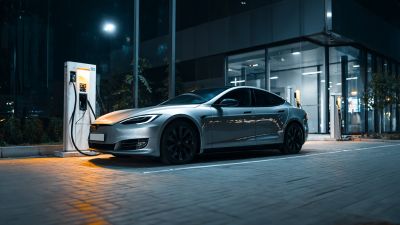As the demand for electric vehicles (EVs) continues to rise, choosing the right electric car charger for home has become a crucial consideration for new EV owners. According to a report by the International Energy Agency, the global stock of electric cars surpassed 10 million in 2020, highlighting a significant shift towards electric mobility. With this rapid growth, the need for efficient home charging solutions is paramount, as approximately 80% of EV charging occurs at home, according to the U.S. Department of Energy. However, selecting the appropriate charger can be overwhelming due to the variety of options available. Factors such as charging speed, compatibility with your vehicle, and installation requirements must be assessed to ensure a seamless home charging experience. This guide aims to simplify the decision-making process, helping you choose the perfect electric car charger for your home needs.
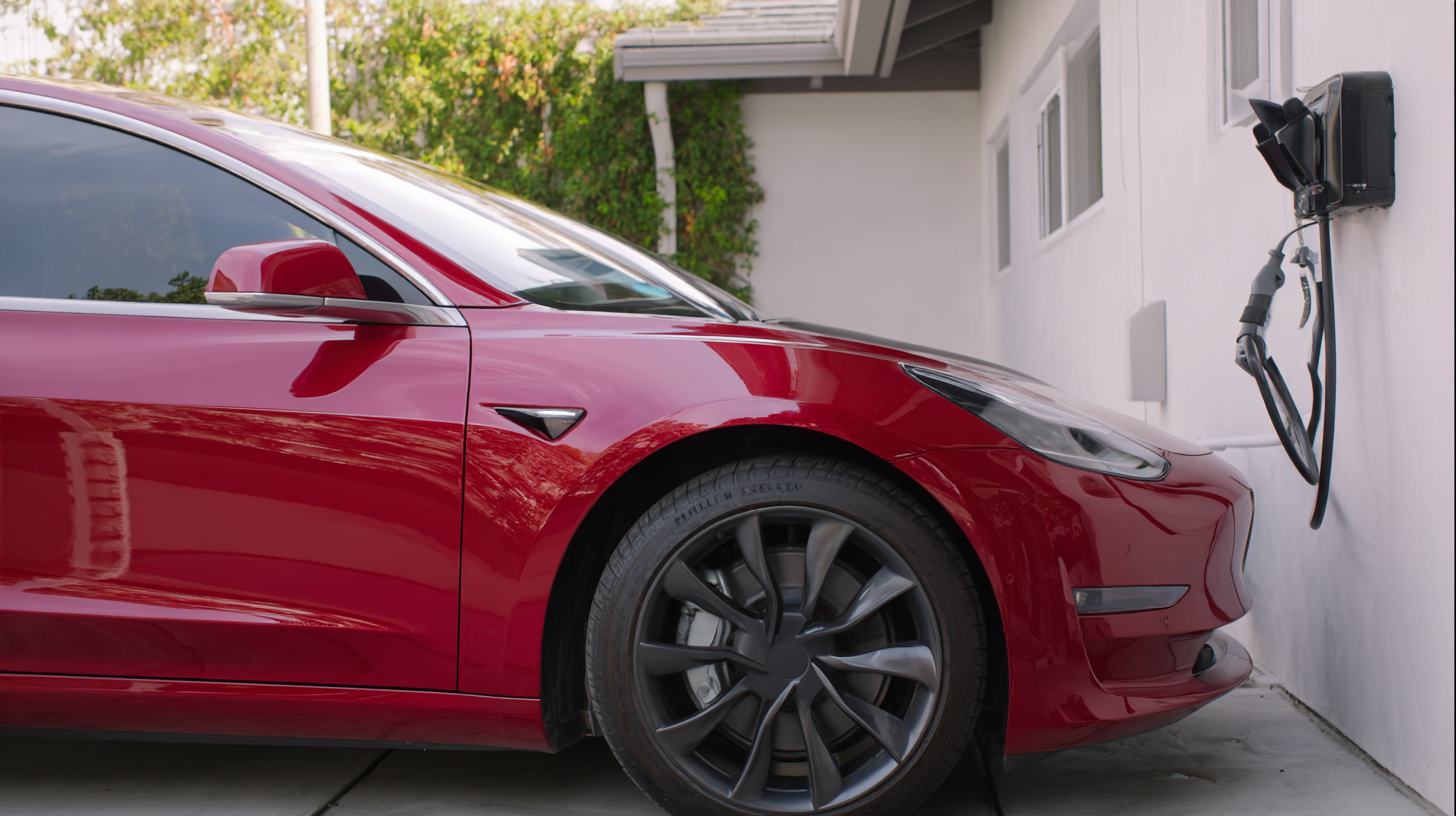
When it comes to choosing the right electric car charger for your home, understanding your electric vehicle (EV) charging needs is crucial. The primary factor to consider is how often and how quickly you need to charge your vehicle. If you primarily use your car for short trips and can plug it in overnight, a
Level 2 charger with around 240 volts will typically suffice. This type of charger can significantly reduce charging time when compared to standard household outlets, allowing you to start each day with a fully charged battery.
Another important consideration is your driving habits and the size of your EV's battery. If you find yourself regularly taking longer trips, you may need a charger with higher output—one that can provide rapid charging options. In addition, factors such as your local electricity rates and available incentives can also influence your decision.
It’s worth evaluating whether installing a Level 3 charger is feasible for you, as this type provides the fastest charging but often requires special infrastructure. By assessing these needs accurately, you can select a charger that enhances your overall EV ownership experience, making your electric driving both convenient and efficient.
When selecting an electric car charger for your home, understanding the differences between Level 1 and Level 2 chargers is crucial. Level 1 chargers utilize a standard 120-volt outlet, making them the most accessible option for homeowners. They are ideal for those who drive less frequently and can plug in their car overnight. However, the charging speed is relatively slow, typically adding about 4 to 5 miles of range per hour, which may not be sufficient for drivers with longer commutes or who require quick turnaround times.
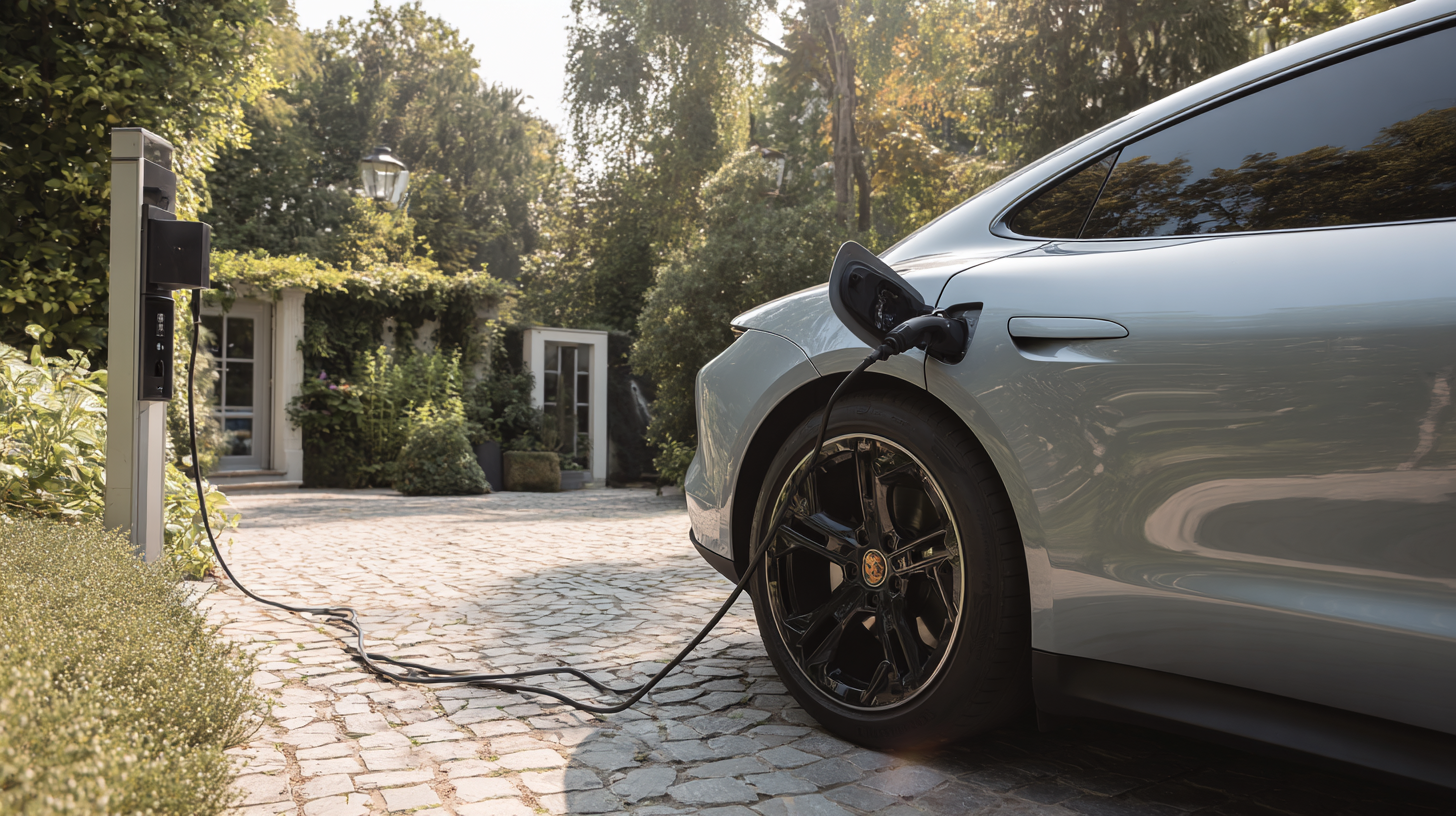
On the other hand, Level 2 chargers operate on a 240-volt outlet and offer significantly faster charging capabilities. They can deliver up to 25 miles of range per hour, making them a preferable choice for daily commuters or electric vehicle (EV) owners who need overnight charging for multiple trips. While the installation may involve a higher upfront cost and potentially require electrical upgrades, Level 2 chargers ultimately provide greater convenience and efficiency for users with a demanding charging schedule.
Therefore, when choosing a charger, consider your driving habits and the resources available at your home to make an informed decision.
Choosing the right electric car charger for your home involves considering several key features that cater to your specific needs. One of the primary aspects is the charging speed, which is commonly measured in kilowatts (kW). Level 1 chargers typically deliver 1.4 kW and can take up to 24 hours to fully charge a vehicle, making them suitable for overnight charging of electric vehicles (EVs) with smaller batteries. In contrast, Level 2 chargers can provide up to 22 kW, significantly reducing the charging time to merely 4-6 hours for most EVs. According to the U.S. Department of Energy, 80% of EV owners primarily use home charging, highlighting the importance of selecting a suitable charger.
Tip: Evaluate your driving habits and daily mileage. If you regularly travel long distances, investing in a Level 2 charger would be wise to ensure you have adequate range availability.
Another critical feature to consider is compatibility with your electric vehicle. Not all chargers work with every EV model, as connectors and charging standards can vary. Most modern EVs utilize the J1772 connector for Level 2 charging, but it’s essential to verify compatibility with your make and model. Furthermore, smart chargers equipped with Wi-Fi connectivity allow you to monitor charging times and costs, optimize energy use, and even schedule charging during off-peak hours for cost savings. In fact, studies by the Electric Power Research Institute have shown that smart charging can reduce energy costs by up to 30% for consumers.
Tip: Look for chargers with multi-connector options if you have multiple EVs or anticipate future purchases. This flexibility can save you from having to upgrade your charger later on.
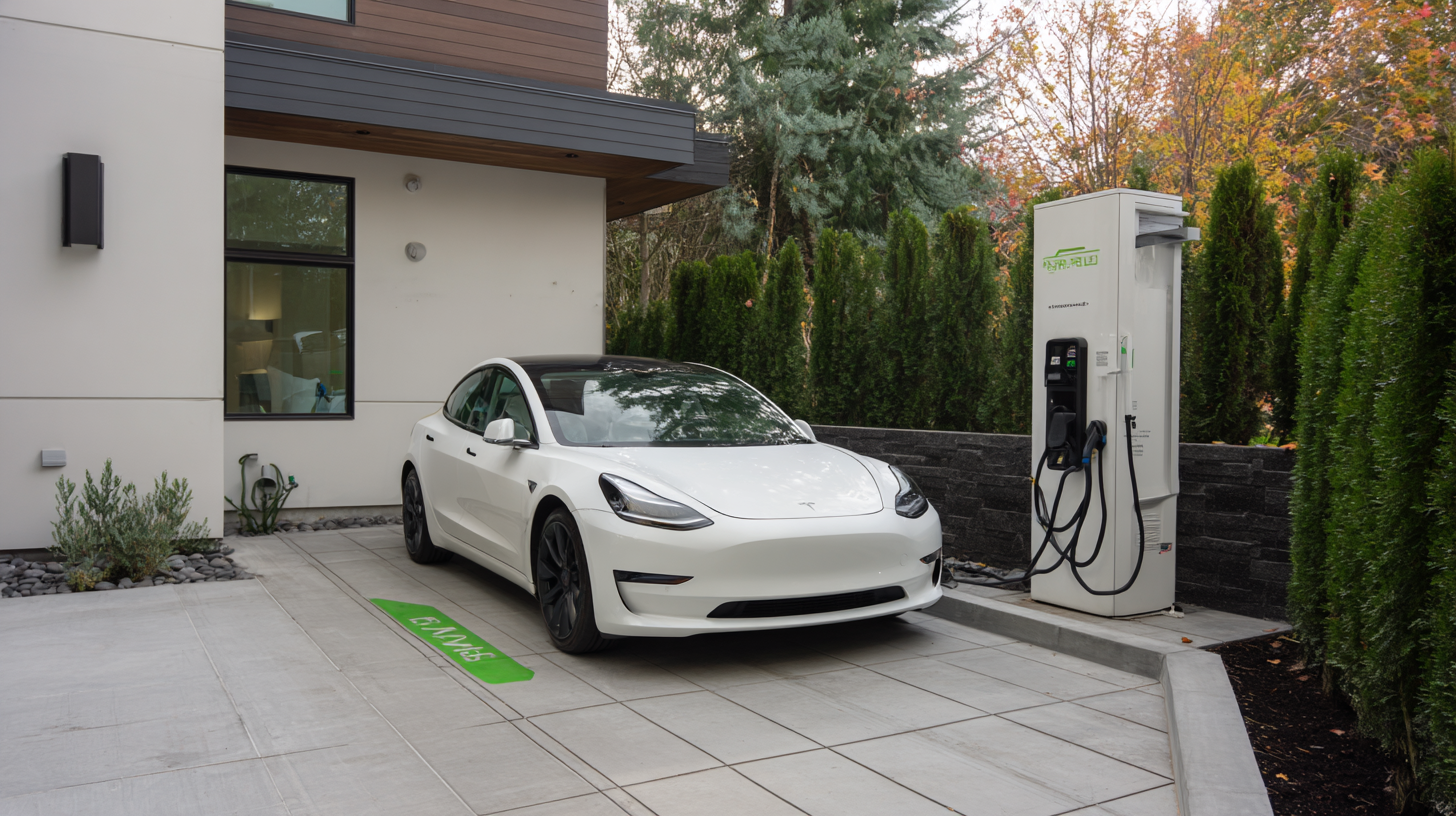
When selecting an electric car charger for your home, understanding your home electrical system is crucial for ensuring compatibility and safe installation. According to the U.S. Department of Energy, the majority of residential chargers operate on a 240-volt circuit, which allows for faster charging compared to the standard 120-volt outlet. Before deciding on a charger, it's essential to check if your electrical panel can support this voltage, typically needing a dedicated circuit for higher wattage chargers, which can range from 3.3 kW to 19.2 kW.
Additionally, a report by the Electric Power Research Institute (EPRI) highlights that homes with newer electrical systems often have the capacity to accommodate multiple high-powered devices. However, older homes may require an upgrade. It is advisable to have a licensed electrician assess your system, as they can provide insights on installation requirements and potential upgrades needed for optimal performance. This proactive approach not only ensures the safe operation of your charger but also maximizes the efficiency of your charging sessions, ultimately supporting your electric vehicle's overall performance.
When choosing an electric vehicle (EV) charger for home use, understanding the cost considerations and available government incentives is crucial. The average cost of a Level 2 home EV charger can range from $400 to $1,500, excluding installation fees. According to a report from the U.S. Department of Energy, installation costs can add an additional $300 to $1,000, depending on the complexity of the electrical work required. Therefore, anticipating your budget is vital to ensuring the installation process goes smoothly.
However, potential savings can be realized through various government incentives. As of 2023, the federal government offers a tax credit that allows homeowners to claim 30% of the cost of purchasing and installing EV chargers, up to $1,000. Additionally, many states provide their incentives, with some programs offering rebates that can cover a significant portion of installation costs. For instance, California's Clean Vehicle Rebate Project still offers substantial rebates, often making it more economically feasible for homeowners to install a charger. By leveraging these incentives, homeowners can significantly reduce the upfront costs associated with transitioning to electric vehicle ownership.
| Charger Type | Charging Speed (miles per hour) | Estimated Cost ($) | Installation Cost ($) | Government Incentives ($) |
|---|---|---|---|---|
| Level 1 Charger | 2-5 miles | 300 - 600 | 0 - 200 | 0 |
| Level 2 Charger | 10-20 miles | 400 - 800 | 300 - 1000 | 200 - 500 |
| DC Fast Charger | 60-100 miles | 10,000 - 50,000 | 5,000 - 15,000 | 1,000 - 3,000 |
